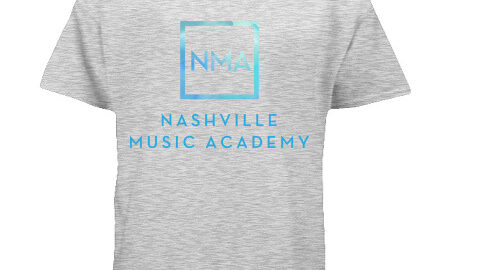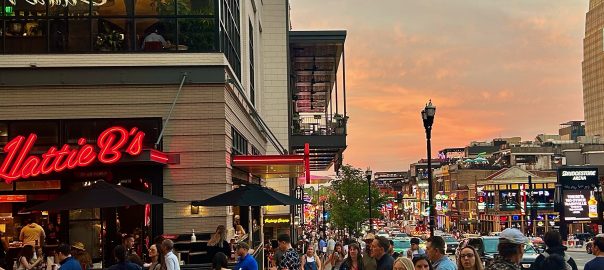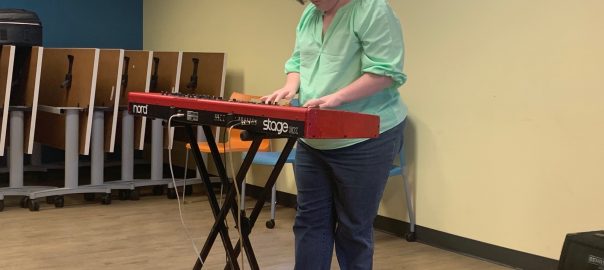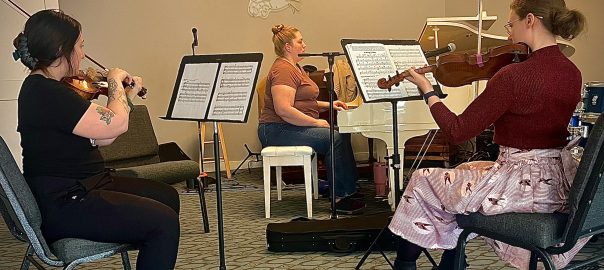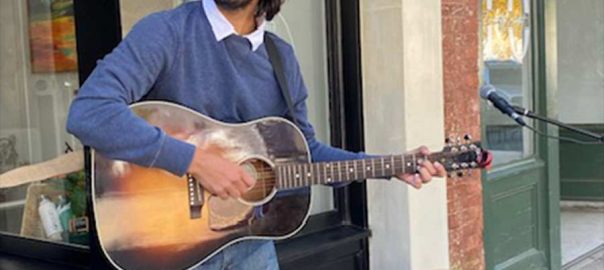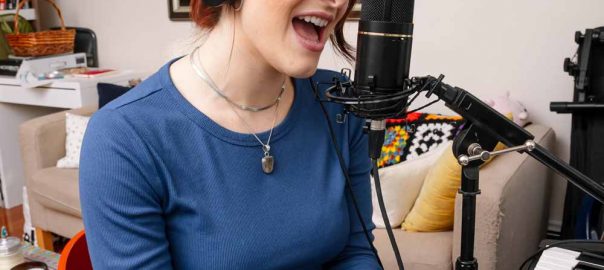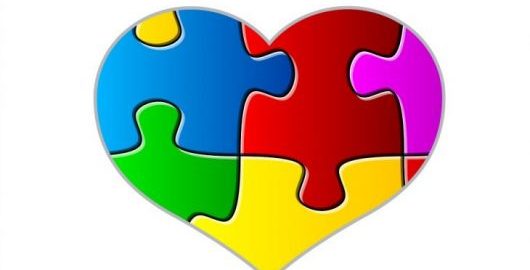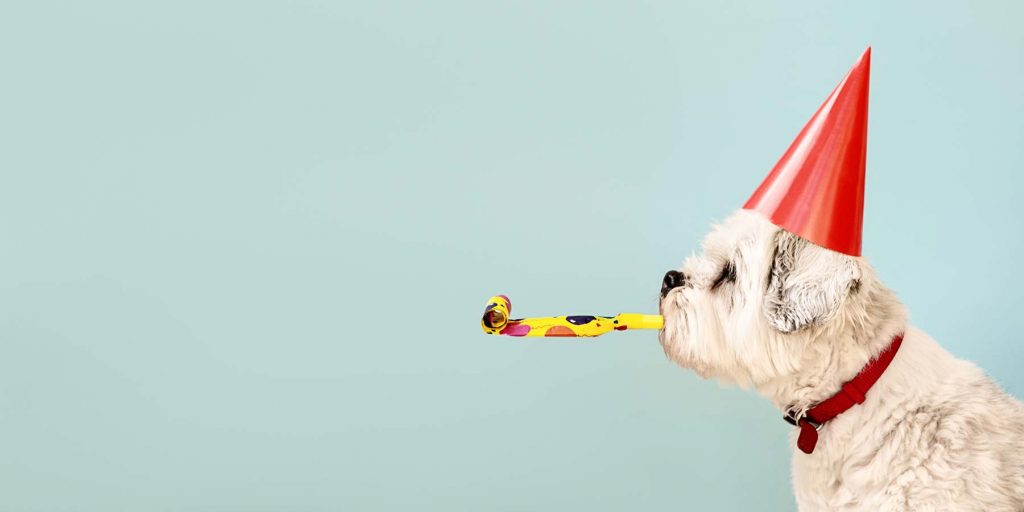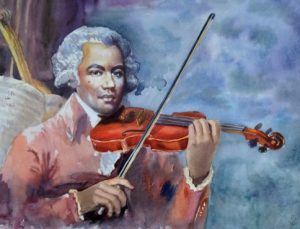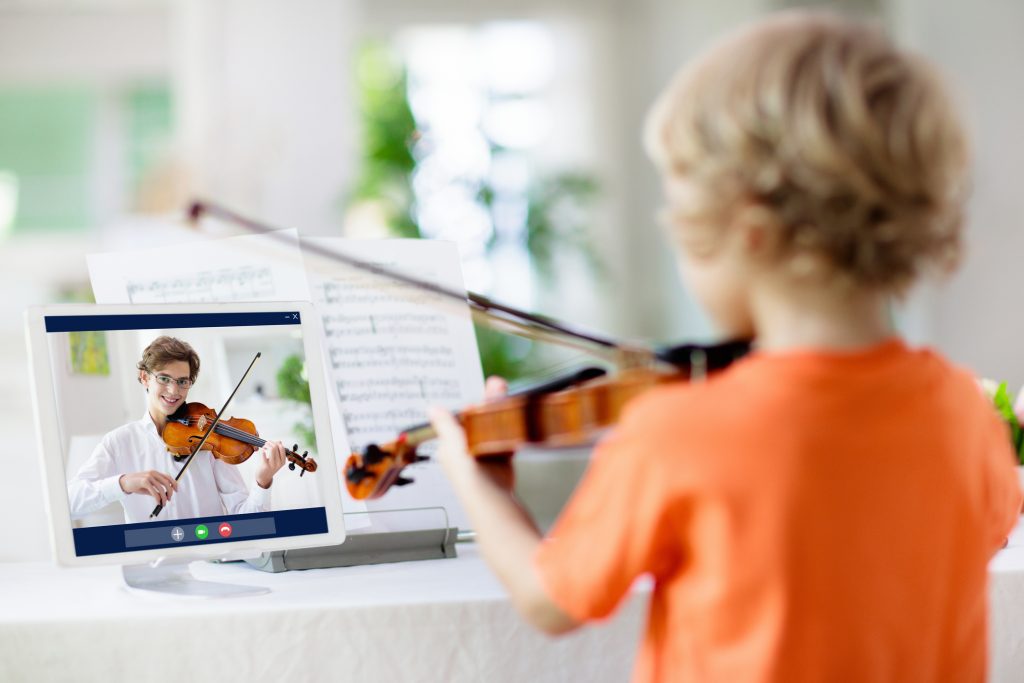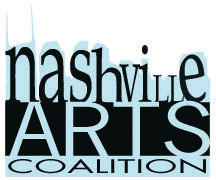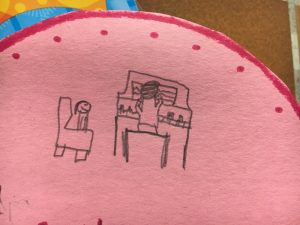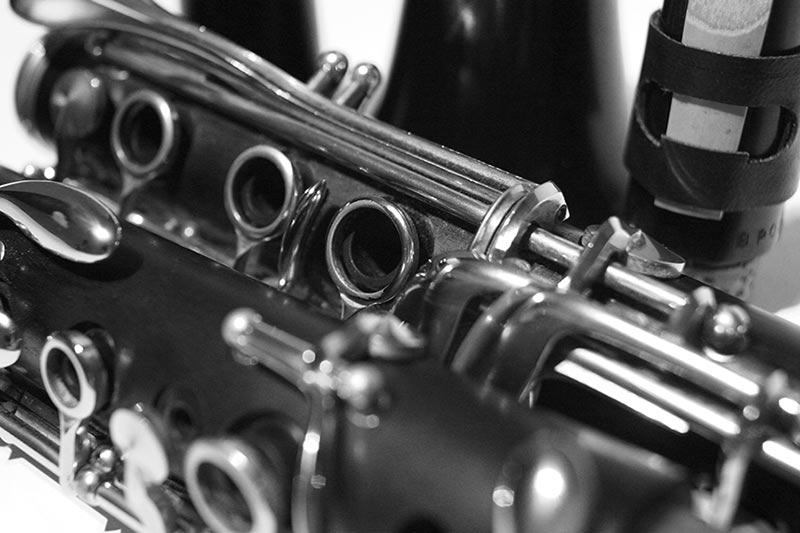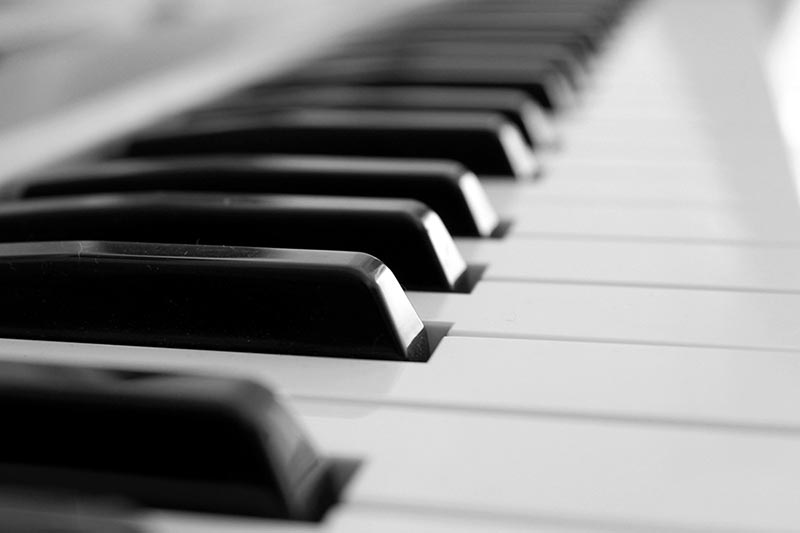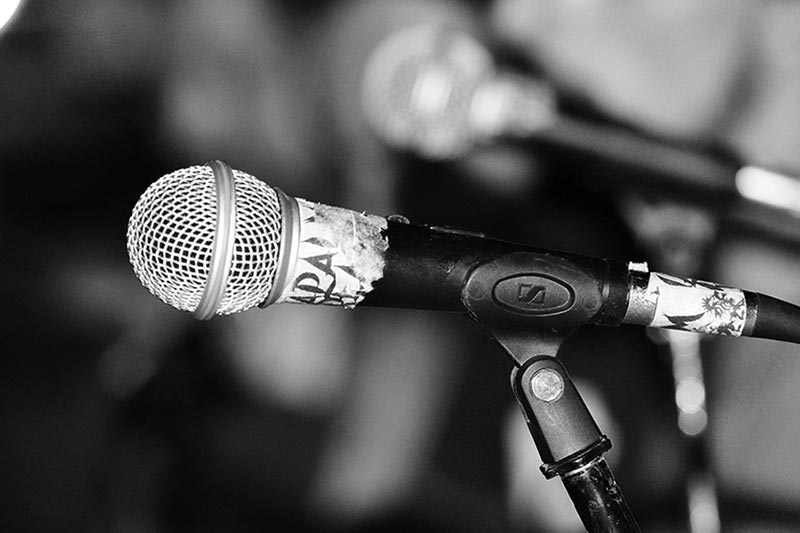Reading music is a goal of many students who come to Nashville Music Academy. Given my own struggles with sight reading as a young student, I always find this to be a valiant request. Learning to read music is like learning another language, and therefore comes with the benefits that you would expect from the latter. Adding to the challenge is the fact that each instrument has it’s own method for reading music. These include tablature for guitar, rhythmic notation for percussion, both bass and treble clef for piano, and the list goes on. Let’s discuss the challenges and benefits of reading music!
When I was first learning to play piano, it was by Suzuki method. Suzuki method is largely reliant on ear training. The student listens to a piece of music many times and watches the instructor perform it. Then with minimal assistance from the sheet music, the student attempts to play the song again, and again…. and again. When I enrolled in the music program at WVU, it was clear that I would have to become proficient at sight reading. It was a struggle. Of course I had been familiar with all the grade school techniques of memorizing the lines and spaces on the staff. We all know the old moniker Every Good Boy Does Fine. The challenge immediately became figuring out those notes while reading the rhythm and trying to keep up a decent tempo. Over time though, it became easier and today I am a decent accompanist.
Reading music is definitely like learning a foreign language. I would equate it to Russian, Chinese, or Arabic since it requires a new symbol charter. Like a new language, it opens you up to a whole new world. Like language, it has different dialects as well. Most are familiar with sheet music. The old familiar staff and notes sprawled out over many pages, marked with classical symbols for loud (f) and soft (p), staccato, slurs, ties, crescendos, etc. However, when I moved to Nashville I learned the “slang” of music known as charts. While some charts can be very complex, Nashville has it’s own language called the number system. This system uses numbers to represent chords, and various other markings to let you know how to emphasize certain parts of the music. Yet again, I found myself speaking as a “foreigner” and this time I had the privilege of being too formal.
Now I am able to navigate the formal and informal settings of music because I know how to read both sheet music and charts. Because piano was my first instrument, I can also read all the other forms of sheet music for the various other instruments. For this reason, many recommend starting with the piano. Reading music requires a patient student, but when it’s all said and done it’s definitely worth it. All of our instructors at NMA are proficient in both sight reading and ear training, and are literate in charts and score. To set up an appointment today, give us a call or text at 615-521-1937!
Author: Owner and Classical piano instructor/Tatia Rose
Tatia Rose Bio


